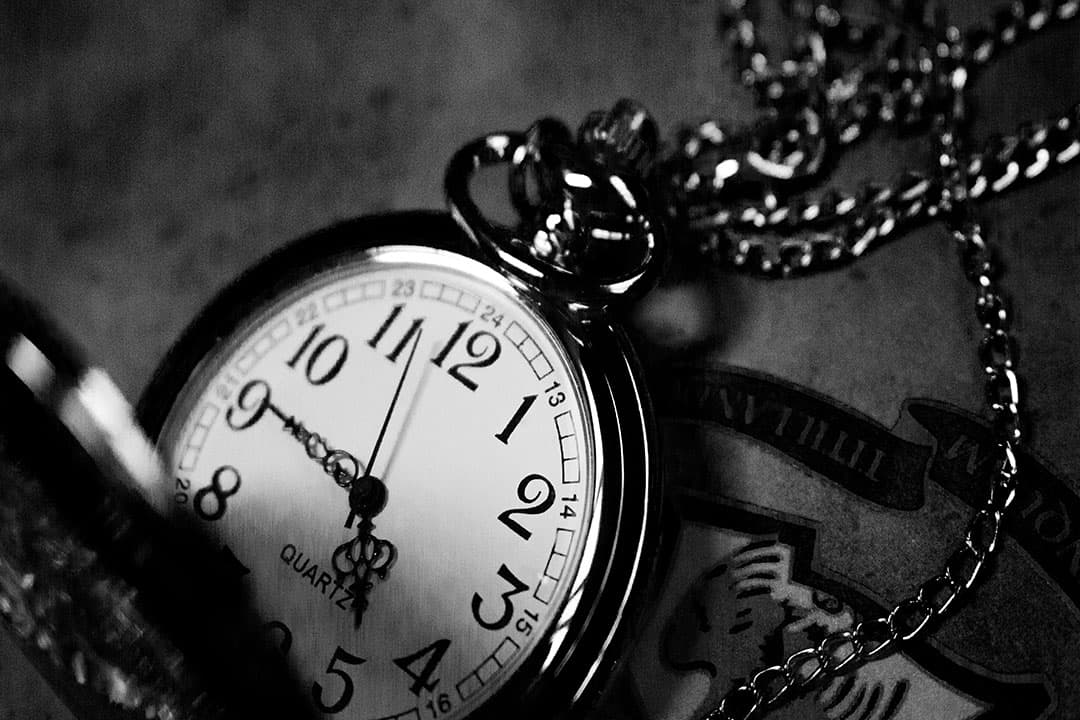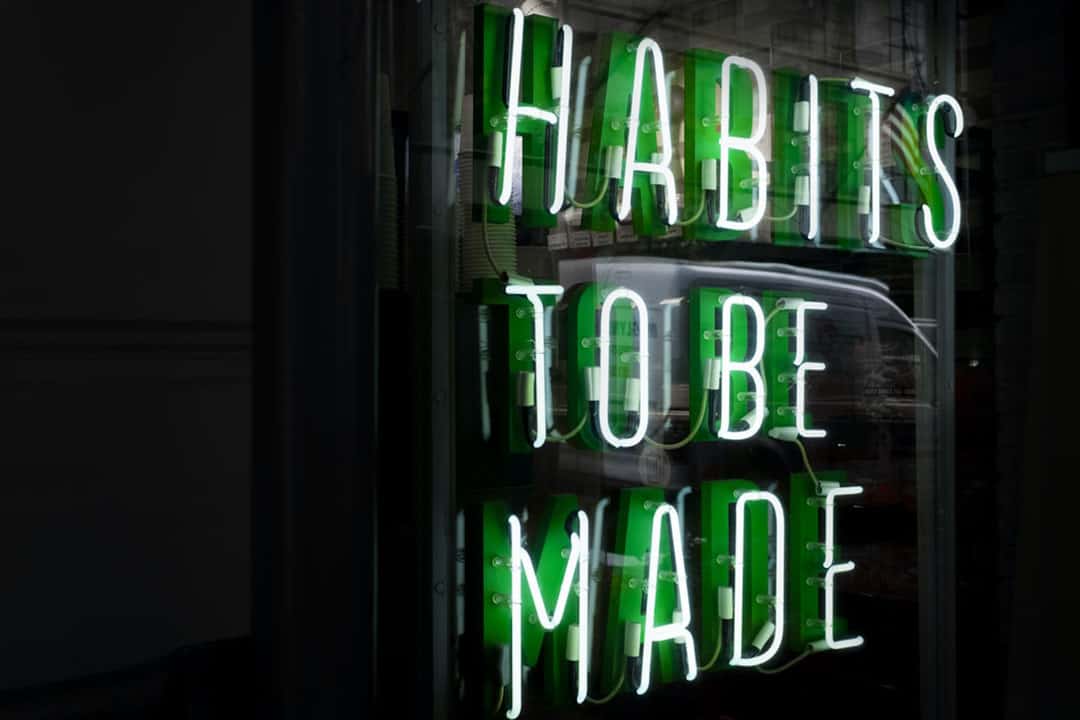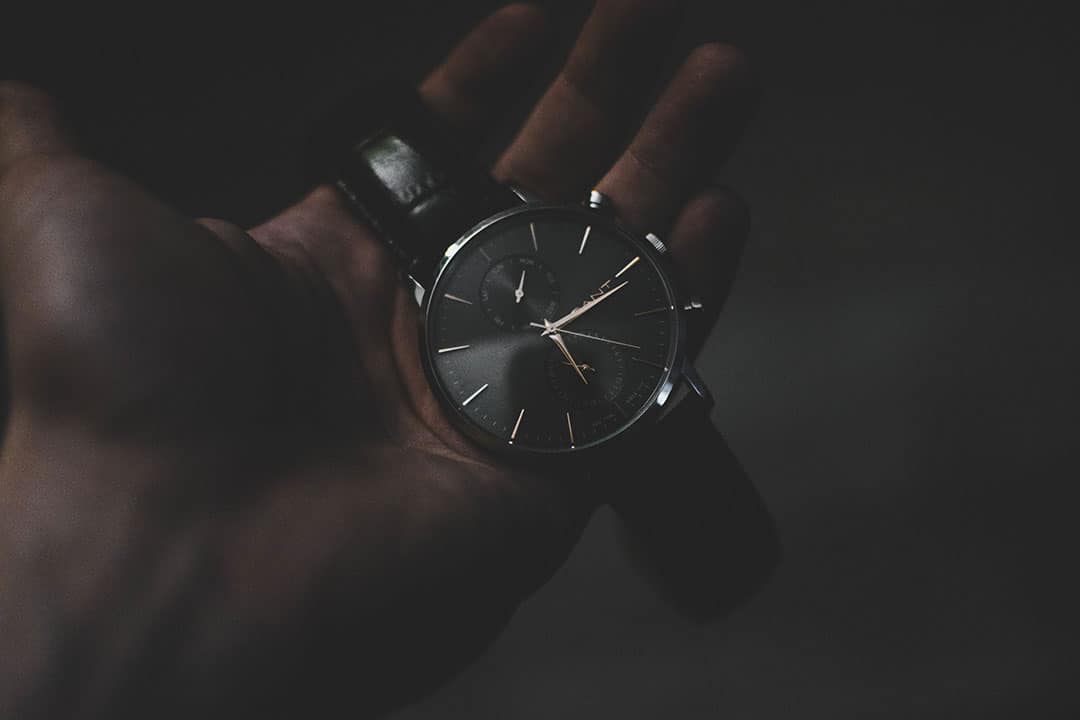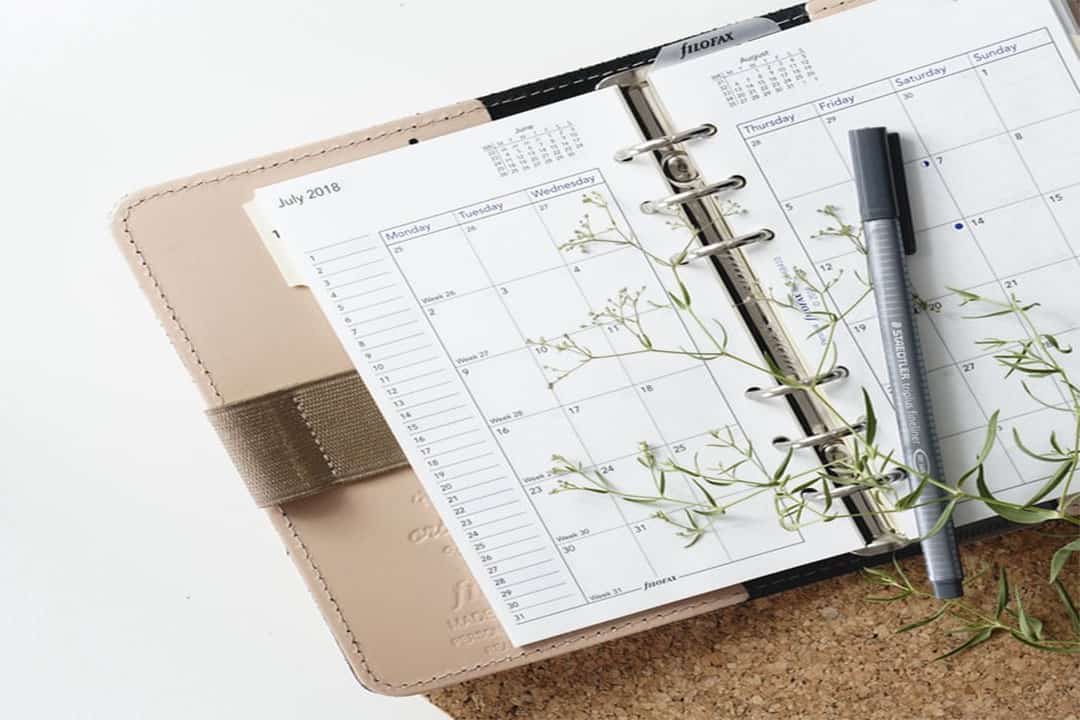Using the Sunnah as inspiration to make the most of our time

In Surah Al Asr, Allah SWT swears by Time that mankind is at a great loss unless they believe, do righteous deeds, and remind each other of the truth, and remind each other to be patient (Quran 103: 1-3).
This is a strong reminder for us to use our time wisely, so that we aren’t at a loss.
The Prophet ﷺ also said, “There are two blessings which many people waste: health and free time.” (Sahih Bukhari).
Time is often taken for granted, but it is the biggest blessing and challenge we have – how we spend our time is how we define how we lived our life. We are never certain how long we will have left, and whilst that should motivate us, sometimes it lulls us into a false sense of security; that we have a lot of time left to live and do everything we want to do later, or make positive changes to our lives later. Yet we cannot be certain that we will be able to do this. Making the most of the time we do have right now is therefore so important, and one of the best ways we can start is by reflecting on our habits and daily routine. Studies have found that around 45% of our day is habit, our bodies know what to do automatically so we don’t have to think about it and thus conserve brain power for other tasks. If we can start reflecting on this, we can start improving our habits, breaking habits we don’t like and forming new habits that support our mental health and spiritual wellbeing.

There is a worksheet attachment for this article which can be found here.
In this article we are taking a broad approach to the idea of the daily routine and habits, including thinking habits. For example, if you have to describe your daily routine you might say something like this “I wake up, go to the toilet and brush my teeth” but for this exercise we want you to dig a bit deeper and be honest with yourself. A more detailed and self-reflective example may be “I wake up and stay in bed for around 20 minutes scrolling through social media. I think I do this because as soon as I wake up I feel quite overwhelmed with the amount of things I have to do in the day and it’s a way of procrastinating, then I finally go to wash and change my clothes”. You may also have little observations about the differences between days where you feel good and days where you are not as happy. Maybe on good days you go outside and spend time in the sunshine, or you eat regularly, and on days you do not feel as well, you don’t get fresh air, and you skip meals because you are too busy to eat.

There are things we all need to do out of necessity that might be stressful for us and we need to be able to balance these tasks with self-care practices in order to maintain a positive healthy state of mind. It’s your turn to take some time to reflect on your routine, but here are some prompt questions:
- How do you generally feel when you wake up and what is the first thing you think about and do?
- Think of some of your best days recently, is there anything common between them?
- Think of some of your worst days recently, is there anything common between them?
- Are you eating well throughout the day?
- Do you make enough time to rest and play/ relax/ do things you enjoy?
- Are you sleeping well?
- What’s the last thing you think about and do before you go to sleep?
Take some time to think back on the previous articles this month on the Prophetic routine: read here about the Prophet ﷺ’s morning routine, afternoon routine, and evening routine. There’s a lot to take inspiration from. Choose a couple of things, like maybe doing a morning and evening adhkar if you do not already do this, or spending more time with your family after maghrib, or making the intention to spend time between Dhuhr and Maghrib in service of others through either working or volunteering your time.
Which changes do you want to make?




